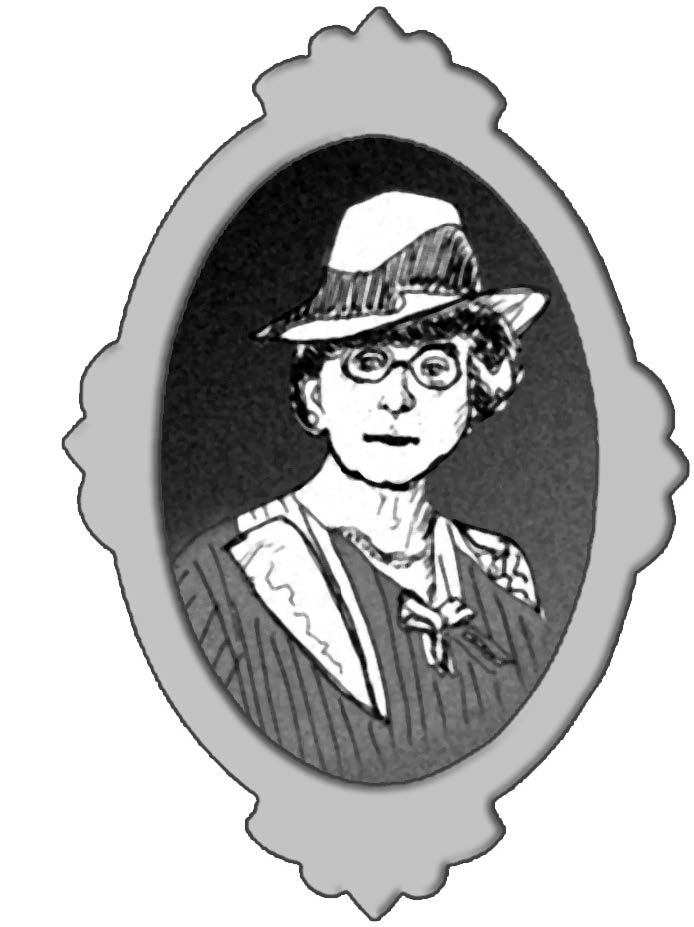
I began researching the author of Anne of Green Gables in order to write a bit about her life and growing up in Prince Edward Island, Canada. The author’s name, by the way, is Lucy Maud Montgomery (1874–1942). She was born and raised on Prince Edward Island, often called P.E.I., which is the setting for the book series and is well known for its beauty and popularity as a vacation spot.
What I learned about Maud—she didn’t like or go by the name Lucy—gave me an unexpected insight into what it was like to live back then. This insight can best be summarized as: nearly everyone she loved died from influenza. That’s right, the flu.
Today we don’t think much of the flu— certainly not as the bug that kills off healthy adults on the way to work. I mean, the flu still kills between one-quarter to one-half million people worldwide each year. This number of deaths is far less than it used to be, especially in the life and times of Lucy Maud Montgomery. Nowadays, the flu is really only most dangerous to people who are very young, very old, or have weakened immune systems.
So what is the flu? It’s an upper respiratory infection that usually gives you a stuffy nose, a cough, a sore throat, and a fever. That and your body aches all over. The thing about the flu is that it’s easily transmitted from person to person through the air via coughs and sneezes.
The flu spreads so quickly that it can cause an epidemic (outbreak across a region or country) or even a pandemic (a worldwide outbreak).
One of the worst influenza pandemics occurred during Maud’s lifetime. It was called the Influenza Pandemic of 1918 and it lasted for two years. In fact, Maud herself nearly lost her life to it. This strain of the flu was called the Spanish Influenza and it could kill you within hours of your first symptom. Literally. People would go to work in the morning, start to cough or sneeze, and be dead on the job a few hours later. People were dying in the streets. In all, the Spanish Influenza is estimated to have killed 20–50 million people. It’s rumored to have gotten the name because 8 million people died in one single month in Spain in the early days of the pandemic.
One reason the Spanish Influenza spread so rapidly is possibly because of World War I (1914–1918). It was the first time so many people from all over the world came into contact with each other at the same time. Also, battlefields and army hospitals were breeding grounds for terrible diseases. And there were a lot of them, but that’s another story for another article.
The Spanish Influenza was far more deadly even than WWI, which killed somewhere between 24 and 38 million people worldwide and, up until that point, was the deadliest war on record. I think, however, that the most important difference between the Spanish Influenza and WWI is that WWI was a war. Somehow war still seems far more dangerous than any little fluvirus should be. And yet it wasn’t.
Maud lost a lot of friends and loved-ones to the Spanish influenza. It might be an exaggeration to say it was almost everyone she knew, but it sure was a lot of people. Her good friend, Will, died in 1897 and her boyfriend, Herman, died from the flu in 1899. It’s reasonable to assume that Maud lost many other friends (who were not mentioned in the history books) to the flu as well. Maud, herself, nearly died from the Spanish influenza in 1918. She wrote in her diary about the panic in Canada surrounding the flu and the large numbers of people who got sick.
Maud, who lost her best friend to the Spanish influenza, stopped writing books about Anne of Green Gables in 1920. Even though the books earned her a lot of money, in her diary she wrote, “It’s a pity it doesn’t buy happiness.”



 About BeeLine
About BeeLine